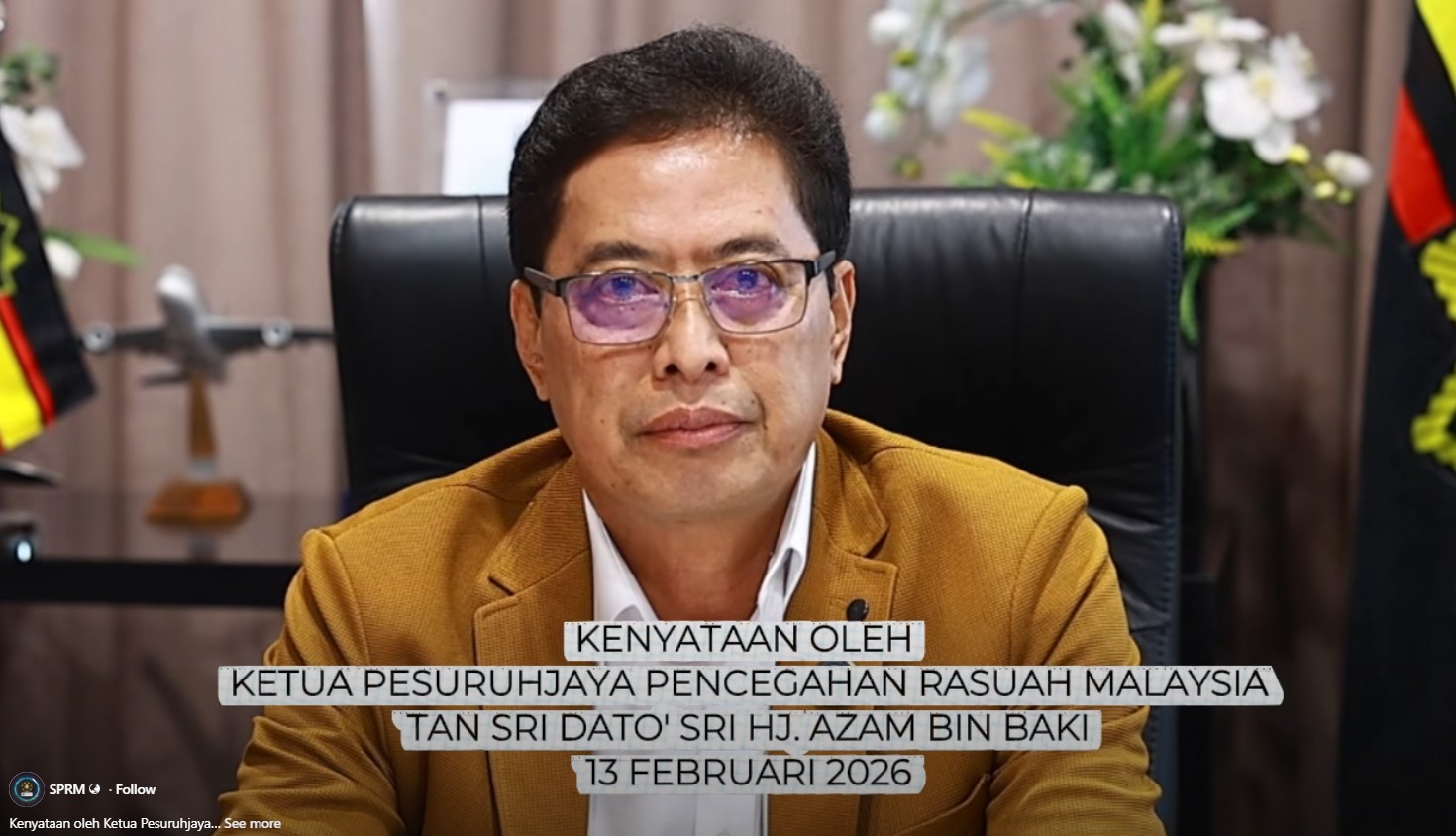Malaysia Cannot Block Doctors from Working Abroad but Seeks to Retain Them, Says Health Minister
Malaysia’s Health Ministry has reaffirmed that while it cannot legally prevent doctors and healthcare workers from seeking jobs overseas, it remains committed to improving retention within the public healthcare system. The clarification follows a viral social media post advertising Singapore’s recruitment of Malaysian doctors.

- Health Minister Dzulkefly Ahmad said cross-border recruitment is an individual right under ASEAN agreements, but Malaysia aims to retain trained doctors through permanent placements.
- The number of housemen in Malaysia has dropped by more than half since 2019, raising concerns about future medical staffing.
- The contract doctor system, declining graduate numbers, and low morale continue to drive Malaysian healthcare workers to seek opportunities abroad.
MALAYSIA: Malaysia’s Health Ministry (MOH) has reaffirmed its commitment to retaining doctors and healthcare workers within the public health system, despite having no legal authority to prevent them from accepting employment abroad.
This statement follows widespread online discussion after a now-deleted social media post—allegedly by medical doctor and influencer Dr Amanda Elli—advertised a recruitment drive for Malaysian doctors to work in Singapore.
The post promoted a session organised by Talent Angels, an agency authorised to recruit for Singapore’s Ministry of Health, to be held in August at Traders Hotel, KLCC.
The event reportedly targets Malaysian medical officers and clinical associates, open to graduates from all universities.
Dr Elli described the offer as a “great opportunity” for Malaysian doctors to build savings and gain experience abroad, noting that the basic annual salary would be around SGD110,000 (approximately RM365,000), excluding allowances, relocation support, and bonuses.
Health Ministry acknowledges right to work overseas
In response, Health Minister Datuk Seri Dr Dzulkefly Ahmad said doctors are entitled to seek opportunities overseas, as cross-border recruitment aligns with ASEAN frameworks.
“We cannot block cross-border recruitment. It’s an individual right, and this is aligned with the Mutual Recognition Arrangement and the ASEAN Framework Agreement on Services,” Dzulkefly said during the national-level Aedes control mega programme held in conjunction with ASEAN Dengue Day 2025.
He added, however, that Malaysia aims to retain its trained medical workforce. “We want our doctors, specialists and nurses with post-basic training to stay with us,” he said.
Efforts to retain doctors in public service
Dzulkefly said the ministry is accelerating the process of absorbing contract doctors into permanent roles, citing improved availability of vacancies due to fewer medical graduates.
“The situation has changed. The number of medical graduates has dropped significantly. There should now be enough positions available for new permanent appointments,” he said.
Malaysia’s contract doctor system was introduced to manage a surge of graduates amid limited permanent posts, but Dzulkefly acknowledged that this policy is now being reviewed.
Sharp decline in medical graduates and housemen
Data from MOH’s Human Resources Division shows the number of housemen has fallen by more than half in recent years—from 6,134 in 2019 to 3,271 in 2023.
Provisional registration of medical graduates with the Malaysian Medical Council (MMC) also halved, from 6,147 in 2017 to 3,131 in 2022.
Local universities produced 3,902 graduates in 2017, compared to 2,667 in 2021.
Dzulkefly previously noted this decline in an X post in 2024, saying: “There was a time where there were 6,000–7,000 medical graduates a year. Now, we have a little over 3,000.”
Stakeholders warn of mounting strain
Healthcare groups have warned that the shortage of junior doctors and specialists could worsen strain on Malaysia’s public hospitals.
Hartal Doktor Kontrak spokesman Dr Muhammad Yassin said his group predicted the shortage in 2021, pointing to declining interest in science-based courses and persistent issues linked to the contract system introduced in 2016.
Under this scheme, many Malaysian doctors are employed on temporary contracts, earning less and lacking key civil service benefits.
“This has caused mental stress, reduced morale, and an increased risk of medical errors,” Dr Yassin said.
Malaysian Medical Association (MMA) president Dr Azizan Abdul Aziz added that the imbalance originated from an overexpansion of medical schools in the early 2000s, followed by a moratorium in 2011 and the later adoption of the contract system.
He said declining local enrolment and a rise in foreign-trained doctors staying overseas have worsened manpower shortages in Malaysia’s healthcare sector.
As regional demand for healthcare professionals grows, Malaysia’s challenge lies in balancing global labour mobility with domestic healthcare sustainability.







